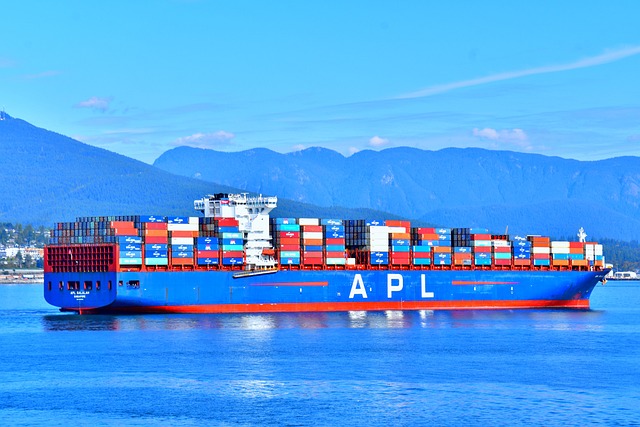Tariff and Trade is the pillars of the global economy. The global economy has thrived on trade between nations. In this process, two crucial concepts emerge: ‘tariffs’ and ‘trade.’ Tariffs serve as a fundamental tool for regulating and protecting the movement of goods and services between countries, significantly impacting economic growth and international trade relations. Today, we will explore the definition and role of tariffs, their relationship with trade, and their impact on the global economy.

1. What is Tariff ?
A tariff is a tax imposed by a government on imported goods. Generally, tariffs serve three main purposes: protecting domestic industries, generating government revenue, and addressing trade imbalances. Tariffs can be classified into two primary types:
(1) Import Tariff
A tax levied on foreign products entering the country, designed to protect local businesses from international competition.
(2) Export Tariff
A tax imposed on goods leaving the country, often used to prevent the excessive outflow of valuable resources.
Additionally, there are specialized tariffs such as anti-dumping tariffs, which prevent foreign producers from selling goods at unfairly low prices, and retaliatory tariffs, which are imposed in response to trade disputes. These policies play a crucial role in maintaining national economies and global trade stability.
2. The Relationship Between Tariffs and Trade
Trade refers to the exchange of goods and services between countries. While free trade promotes economic growth, conflicting national interests often lead to tariff regulations as a balancing mechanism.
Countries that support free trade minimize tariffs and encourage open markets through policies such as Free Trade Agreements (FTAs). On the other hand, some nations impose high tariffs to protect domestic industries and maintain a competitive edge.
The U.S.-China trade war in recent years exemplifies how tariffs extend beyond economic policies to serve as political tools. As both nations imposed high tariffs on each other’s goods, global supply chains were disrupted, forcing businesses to adapt. This highlights the interconnected nature of tariffs, trade, and international relations.
3. The Economic Impact of Tariffs
Tariffs can have both positive and negative effects on an economy.
(1) Positive Effects
- Protecting Domestic Industries: High tariffs help safeguard local businesses from inexpensive foreign imports.
- Government Revenue: Tariffs generate income that can fund public projects and services.
- Reducing Trade Deficits: By making imports more expensive, tariffs can help lower trade imbalances with other countries.
(2) Negative Effects
- Increased Consumer Costs: Higher tariffs lead to increased prices for imported goods, burdening consumers.
- Risk of Trade Retaliation: Other nations may impose counter-tariffs, harming domestic exporters.
- Slower Economic Growth: Excessive trade restrictions can stifle economic expansion by limiting market access.
4. Changes in Global Trade Policies and Tariffs
The global trade environment is evolving rapidly. While organizations such as the World Trade Organization (WTO) aim to regulate tariffs and promote trade liberalization, rising protectionist policies have led to renewed trade barriers.
Moreover, the shift towards a digital economy and service-based trade is changing the traditional tariff landscape. For instance, discussions around e-commerce tariffs and digital service taxes are gaining momentum, reflecting the need for updated trade policies in the modern era.
Tariff and Trade Balancing
Tariffs are a powerful tool in shaping trade dynamics, but striking a balance is essential. Overprotectionism can slow economic growth, while excessive free trade may expose domestic industries to severe competition. Governments must carefully assess their trade policies, and businesses must stay informed about global market shifts.
In today’s interconnected world, tariff and trade policies influence not just individual nations but the entire global economy. A well-balanced approach is necessary to foster sustainable economic growth and international cooperation.